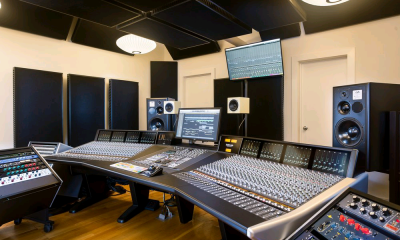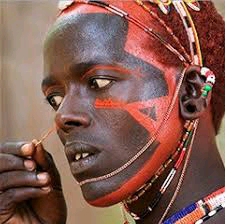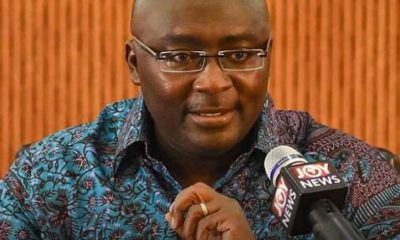Opinion
District Assembly & Unit Committee Elections, EC Needs To Be Congratulated
As usual apparent apathy and low turnout characterized Tuesday’s District Assembly and Unit Committee election.
The usual long queues and eagerness to vote which characterize general elections were absent at polling centres, with voters trickling in to cast their ballots, while others stayed away completely from the national exercise.
In 1988/89, the National Average Voter Turnout at the District Level Elections was – 59.3%; in 1994, it was 29.3%; 1998 – 41.6%; 2002 – 33.1%; 2006 – 39.3%; 2010 – 35.5% and 2015 – 30.6%.
About 57,030 candidates contested the nationwide assembly and unit committee elections, held every four years to strengthen democratic governance at the local level.
Only Nkoranza North, Nkoranza South and Lower Manya Krobo did not participate this time.
The just-ended assembly and unit committee elections was not held in these three districts and residents will have to wait until 2022 to vote.
That was because the elections were held there last year, and that those places would hold the elections when the tenure of those in office ended after four years.
In September 2015, the EC on the advice of the then Brong Ahafo Regional Security Council suspended district level elections in Nkoranza South and Nkoranza South districts because of a possible disruption of the process.
The election was not held until 2018.
In the case of the Lower Manya District, the Supreme Court in 2015 ruled that the election in the area be suspended over challenges with electoral area demarcations.
Based on the conclusion of the case, the various electoral areas in Lower Manya Krobo voted last year.
Of the figure, 18,510 put themselves up to become assembly members, while 38,520 contested to be in the Unit Committees.
The contestants of the District Assembly Elections comprised 17, 601 males and 909 females.
At the Unit Committee level, 3,751 females raced with 34,769 males.
There are a total of 6,272 electoral areas and each electoral area would be represented by one assembly member.
For the Unit Committees, there will be five for every electoral area.
According to Mr. Samuel Tettey, Deputy Chairman in charge of Operations, 31,851 copies of the final voters register were printed and dispatched, while 58,000 biometric verification devices were deployed to the various regions and districts.
It is important to congratulate and acknowledge the work of the new Electoral Commissioner, Madam Jean Mensa and her two deputies and entire staff of the Commission for the peaceful nature of the process due to the magnitude of the election.
Over 6,272 electoral areas with different people contesting elections is no joke.
This means they had to develop over 13,000 different plates with different photos and names before printing.
The Commission did this without a hitch and without the usual confusion that has characterized this sort of election in the past.
How did they do this?
Information gathered indicates that they set up an in house Committee made up of all categories of staff from district to headquarters. And it was chaired by the Chairperson herself to coordinate all aspects of the electoral cycle procurement IT Elections, Printing of ballots and registers dissemination of materials etc.
Timelines for all units and department heads were set and weekly peer review meetings were held to ensure that everyone was in track.
This promoted a sense of ownership and the can do spirit among staff.
In the end the entire election cycle functioned smoothly and effectively.
Again another novelty introduced at the commission was that deputy Directors were delegated to monitor and supervise the printing of ballots for their regions.
They were given full ownership. This ensured that they work around the clock to review all drafts and correct them before printing was done. This eliminated to a large extent printing errors.
Again because ballots and registers and materials were sent well ahead of time a system was out in place that required districts officers and regional Directors to check thoroughly ballots and registers and report back for prompt correction.
The Greater Accra Regional Director of the EC, Mr Kwame Amoah, has described the elections as largely successful.
Dr. Eric Bossman Asare, Deputy Commissioner in-charge of Corporate Services, said the Commission is pleased about the peaceful conduct of the just-ended polls for District Level Elections.
Both the District Assembly and Unit Committee elections are held every four years to elect members to the assemblies and the unit committees.
The tenure of the current members ended this year, hence the need for fresh elections.
I believe as some prominent Ghanaians have suggested, in future, the idea of fusing the District Assembly and Unit Committee elections with the General Presidential and Parliamentary elections would be viable to improve the voter turn out.
Credit:peacefmonline















